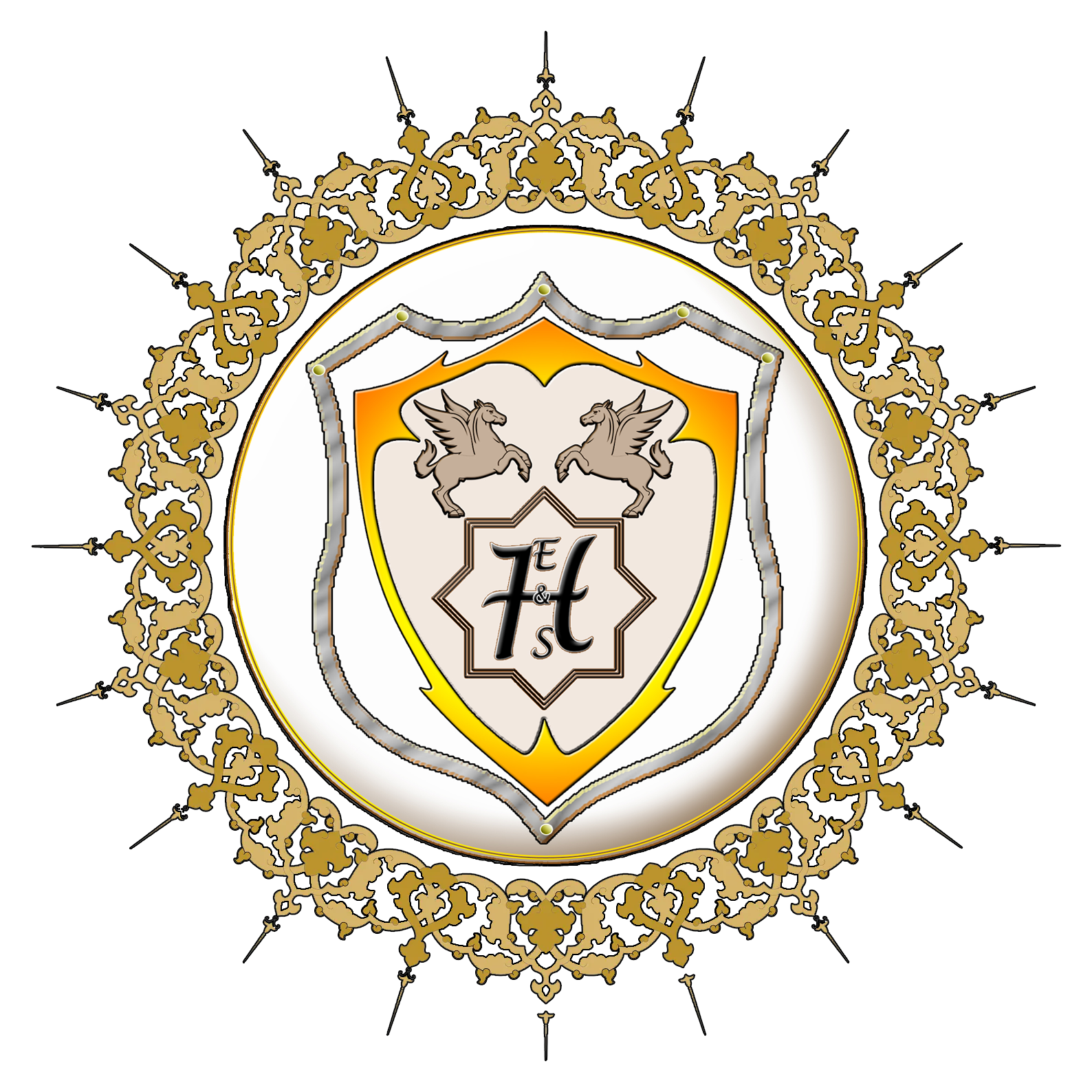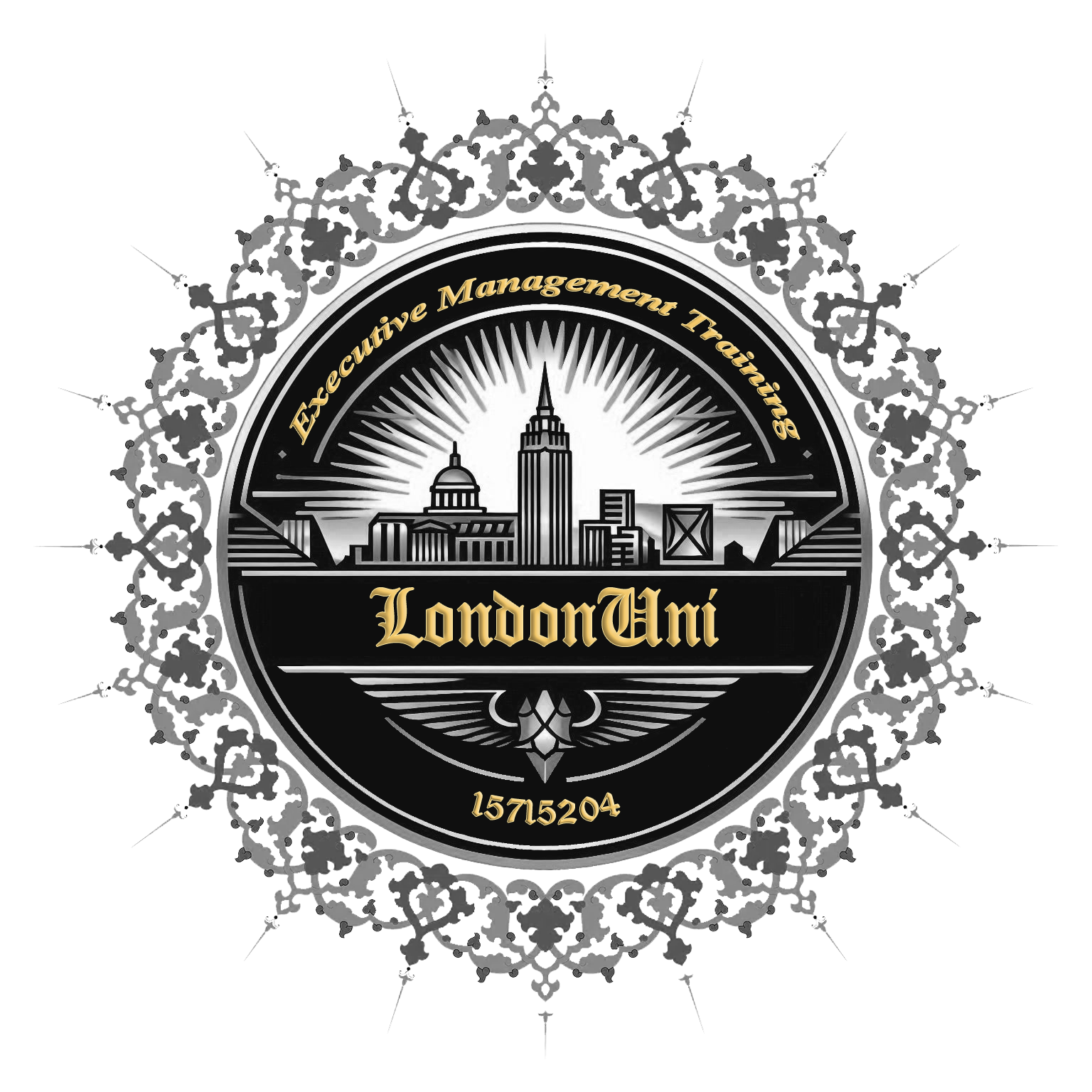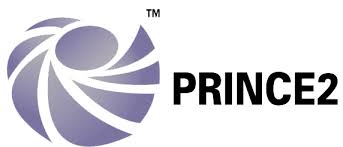Leadership is the cornerstone of organizational success, yet many teams struggle due to ineffective leadership practices. The role of a team leader extends beyond managing tasks; it involves inspiring individuals, fostering collaboration, and driving performance while navigating complex interpersonal dynamics. In industries ranging from healthcare to technology, effective team leadership has been shown to enhance productivity, reduce turnover, and improve overall workplace morale. Drawing on established frameworks such as John Adair’s Action-Centered Leadership model and Daniel Goleman’s Emotional Intelligence theory, this course equips participants with the tools necessary to excel in their roles as team leaders.
One significant challenge faced by organizations today is the gap between theoretical leadership knowledge and its practical application. Many aspiring or current team leaders possess technical expertise but lack the soft skills required to manage diverse teams effectively. For instance, a case study of a multinational corporation revealed that poorly managed teams experienced a 30% decline in project completion rates compared to those led by trained leaders. This course addresses these gaps by combining evidence-based strategies with hands-on exercises designed to simulate real-world scenarios.
The benefits of mastering team leadership extend beyond individual career advancement. Organizations stand to gain through improved efficiency, innovation, and employee satisfaction. A Harvard Business Review study highlighted that companies with strong leadership pipelines outperformed their peers by up to 20% in revenue growth. By developing competencies in communication, conflict resolution, and decision-making, participants will not only elevate their professional profiles but also contribute significantly to their organization's bottom line.
Real-world examples underscore the importance of skilled team leadership. Consider the turnaround story of a mid-sized manufacturing firm where a newly appointed team leader implemented structured feedback loops and team-building initiatives. Within six months, the team achieved a 40% increase in output and reported higher job satisfaction levels. Such outcomes demonstrate how targeted leadership interventions can transform struggling teams into high-performing units.
Moreover, the evolving nature of work—marked by remote collaboration, cross-functional teams, and rapid technological change—demands adaptive leadership styles. Traditional command-and-control approaches are increasingly inadequate in dynamic environments. Instead, modern team leaders must cultivate agility, inclusivity, and resilience. This course integrates cutting-edge industry trends, such as hybrid work models and digital transformation, to prepare participants for contemporary leadership challenges.
Ultimately, this program aims to empower professionals with the confidence and capability to lead teams successfully. Whether you are stepping into your first leadership role or seeking to refine existing skills, the Certificate in Team Leader offers a comprehensive pathway to excellence. Participants will leave equipped with actionable insights and practical strategies to inspire, motivate, and guide their teams toward shared goals.




















































